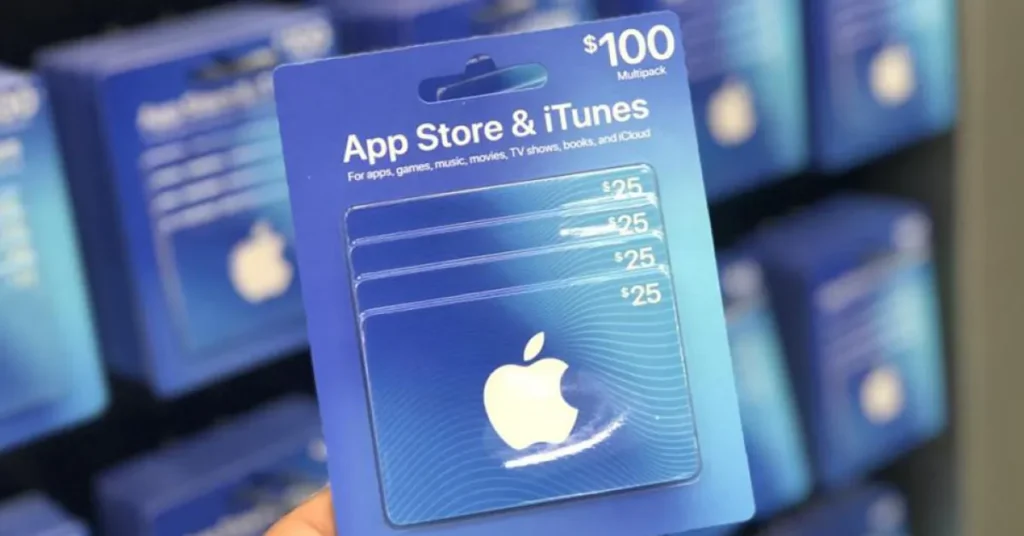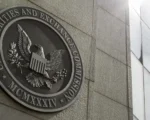Allegations: Apple Allegedly Retained 30% of Stolen Funds from iTunes Gift Card Scams
Apple has reached an agreement to settle a lawsuit that accused the tech giant of allowing scammers to exploit its gift cards while retaining stolen funds.
In a filing submitted on Wednesday in a federal court located in San Jose, California, both Apple and the plaintiffs have arrived at significant settlement terms, facilitated through the assistance of a mediator.
The parties involved are in the process of finalizing a formal settlement that will be submitted to US District Judge Edward Davila for preliminary approval.
Apple and lawyers for the plaintiffs did not immediately respond to requests for comment.
The scam involves fraudsters who instill panic or urgency by insisting by phone that victims buy App Store and iTunes gift cards or Apple Store gift cards in order to pay for taxes, hospital and utility bills, bail and debt collection.
Victims are then told to share the codes on the backs of the cards, despite a warning on the cards that reads: “Do not share your code with anyone you do not know.”

The complaint outlined that Apple had a practice of depositing 70 percent of stolen funds into the bank accounts of fraudsters while retaining 30 percent as a purported “commission” for knowingly converting pilfered codes into monetary assets.
Allegedly, victims faced significant financial losses, potentially totaling “hundreds of millions of dollars” due to this scam, as per the complaint.
The lawsuit encompassed individuals across the United States who, between 2015 and July 31, 2020, purchased gift cards valid for iTunes or the App Store, provided codes to scammers, and didn’t receive reimbursements from Apple.
In June 2022, Judge Davila dismissed Apple’s attempt to throw out the lawsuit, asserting that the plaintiffs adequately asserted Apple’s questionable liability. The company’s purported efforts to disavow responsibility, particularly after victims reported being defrauded, were deemed by the judge as morally unacceptable.

















